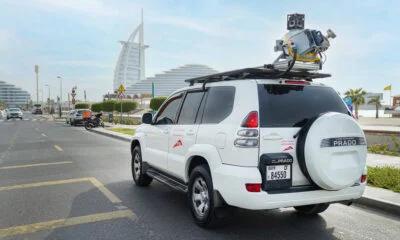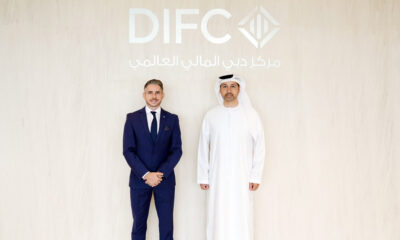News
Dubai Future Forum 2024 Welcomes An Era Of Transformative Change
The two-day event is hosting thought leaders from 100 countries to discuss ideas on technology, sustainability, and long-term thinking.
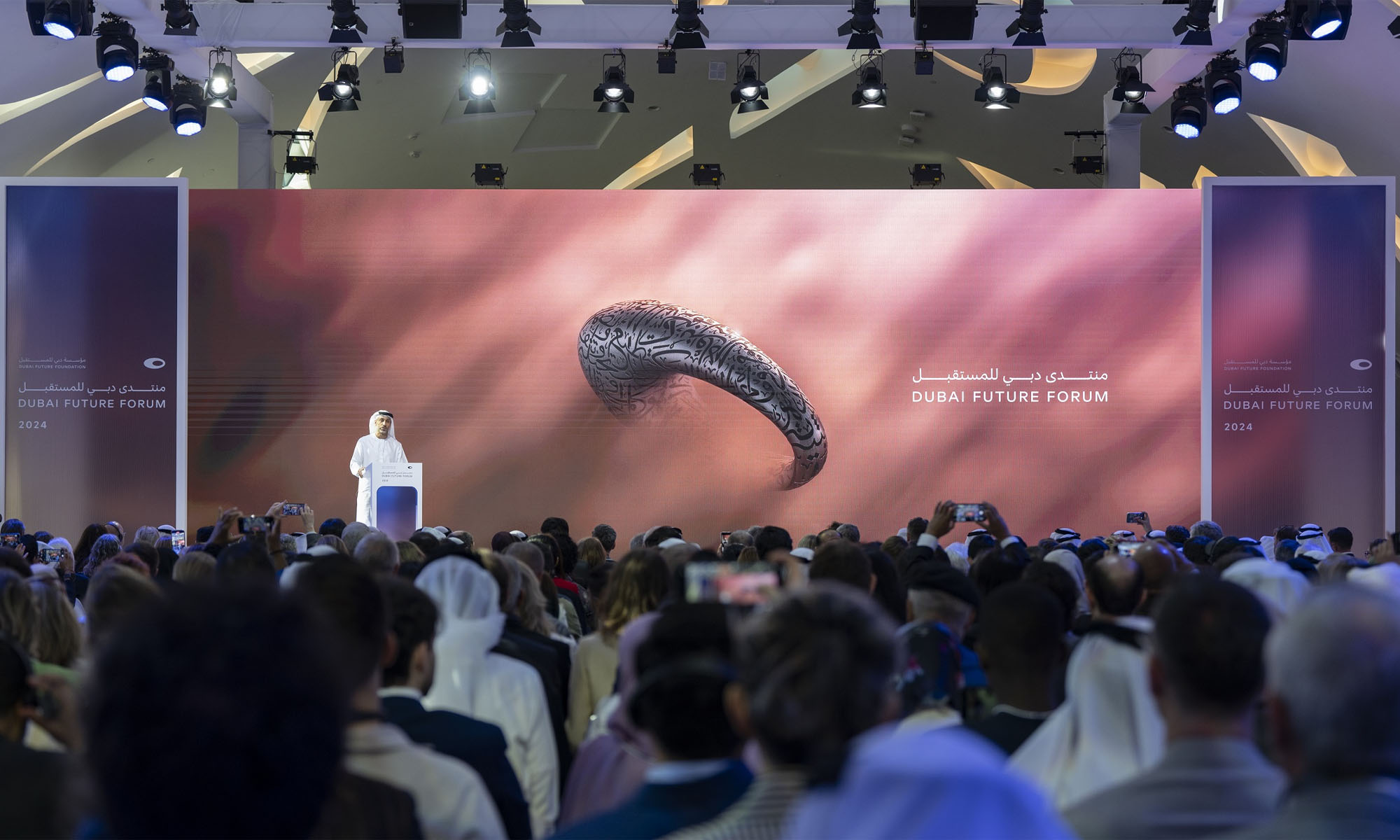
The third edition of the Dubai Future Forum is now on its second day at the iconic Museum of the Future. By the time doors close later today, 2,500 thought leaders from 100 nations will have gathered at an event that organizers have described as “the world’s premier gathering of futurists”.
Kicking off the proceedings, His Excellency Khalfan Belhoul, CEO of the Dubai Future Foundation (DFF), remarked: “Over the next 12 months, we won’t just witness change — it will be a series of era-defining moments. The future is evolving faster than we, or even our ancestors, could have ever envisioned. […] We are entering an era where every industry must embrace future design and transformation — or risk being left behind”.
Empowering Future Generations & Strengthening Local Communities
In a panel titled “From Deep Space to Deep Ocean – A Journey of Exploration and Discovery,” Sara Sabry, the first Arab and African female astronaut, urged governments to create more opportunities for young people in their home countries. Addressing the issue of brain drain during her session at the forum, she emphasized the necessity of building robust local ecosystems.
The panel then delved into how exploration fosters optimism, strengthens resilience, and addresses critical global issues like climate change and biodiversity conservation. The discussion spotlighted the Arab world’s potential to lead the field in space, oceanic, and Earth sciences.
Technological Innovations In Exploration
Prof. Oussama Khatib, an expert in deep-sea robotics and leader of the OceanOneK project, discussed how robotics are aiding underwater exploration.
“Technology today allows us to touch, operate, and intervene at 1,000 meters underwater. This is a gamechanger for how we interact with our planet,” he said, pointing out how recent advancements could inspire Arab inventors and developers across the region.
National Geographic Explorer Suaad Al Harthi also added to the discussion by explaining how cutting-edge technologies are helping conservation: “Technology like satellite telemetry enables us to monitor ecosystems we can’t physically access, allowing us to conserve biodiversity and tackle climate challenges more effectively,” she explained.
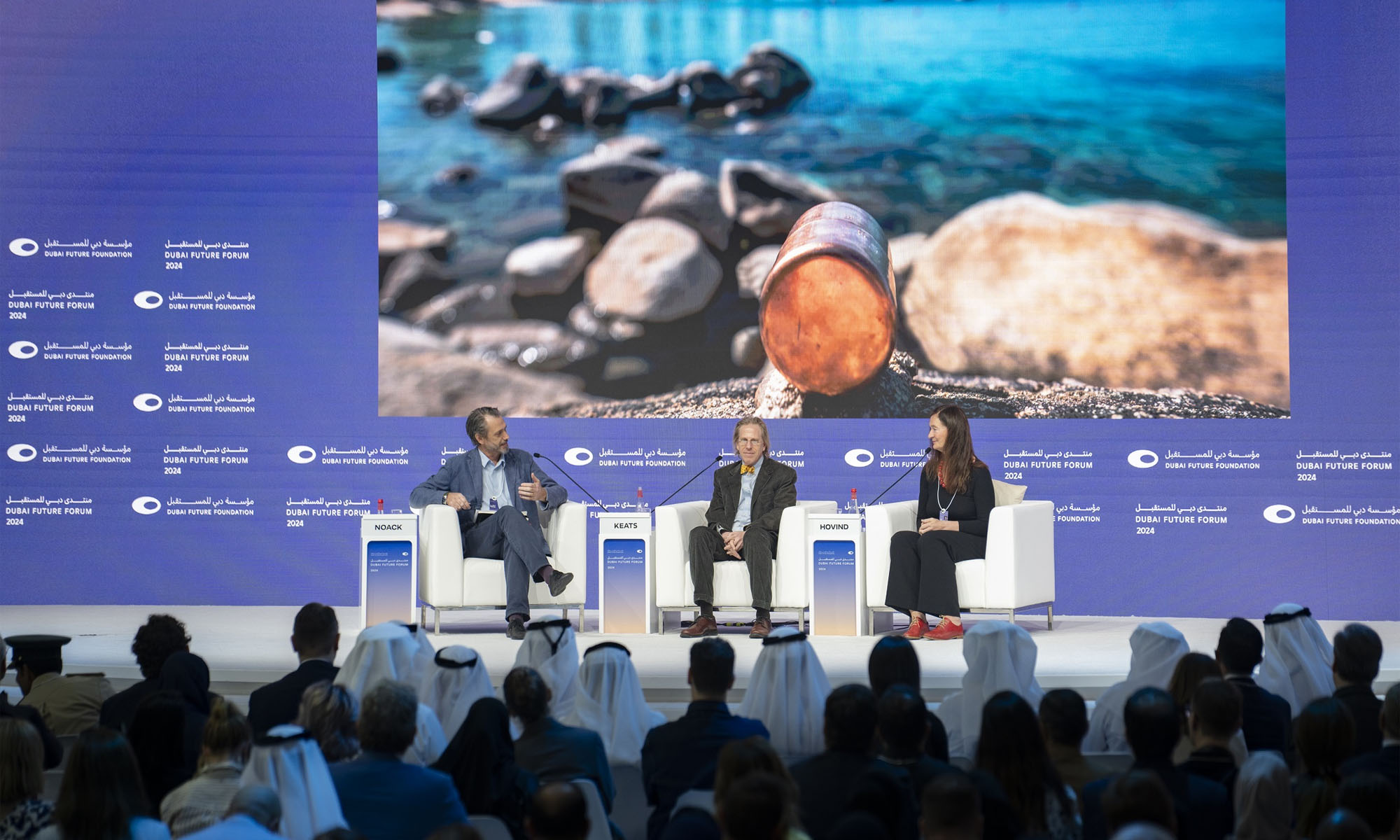
Redefining Time
A fireside chat entitled, “Concepts of Time: How Do They Shape Our Future?” drew plenty of interest, with experimental philosopher Jonathan Keats leading the discussion.
Keats, creator of the Millennium Camera project, which captures a single image over a thousand years, emphasized the value of speculative long-term thinking: “If we only think about today’s problems using today’s tools, we reinforce those problems. What we desperately need is an outside perspective — history can provide that, but so can the future,” he said.
Meanwhile, Anne Beate Hovind, Chair of the Future Library Trust, also joined the conversation, “I love practical utopias — dreams within reach. These are visions we can create tomorrow. Young people often have a different understanding of time; they’re impatient for change. We need to show them that their actions today can shape the long-term future,” she said, encouraging collaboration across generations to build sustainable solutions.
Also Read: Google To Launch AI Hub In Saudi Arabia, Aiming For $71B GDP Boost
Honoring The Sci-Fi Visionaries Of Tomorrow
Finally, the event also celebrated winners of the DFF’s inaugural sci-fi writing competition, “Echoes of Tomorrow.” Mohammad Abu Hawash took first prize with “The Interstellar Haj,” exploring the theme of transforming humanity. Second place went to Zainab BH for “The Lifeline,” and Killian MacDonald claimed third with “The Last Selkie.” The top ten stories will be published on the Dubai Future Forum website, showcasing some of the diverse and thought-provoking visions of humanity’s future.
News
PayPal & TerraPay Join Forces For Cross-Border MENA Payments
The collaboration will be especially helpful in regions where traditional banking infrastructure is limited or inconsistent.
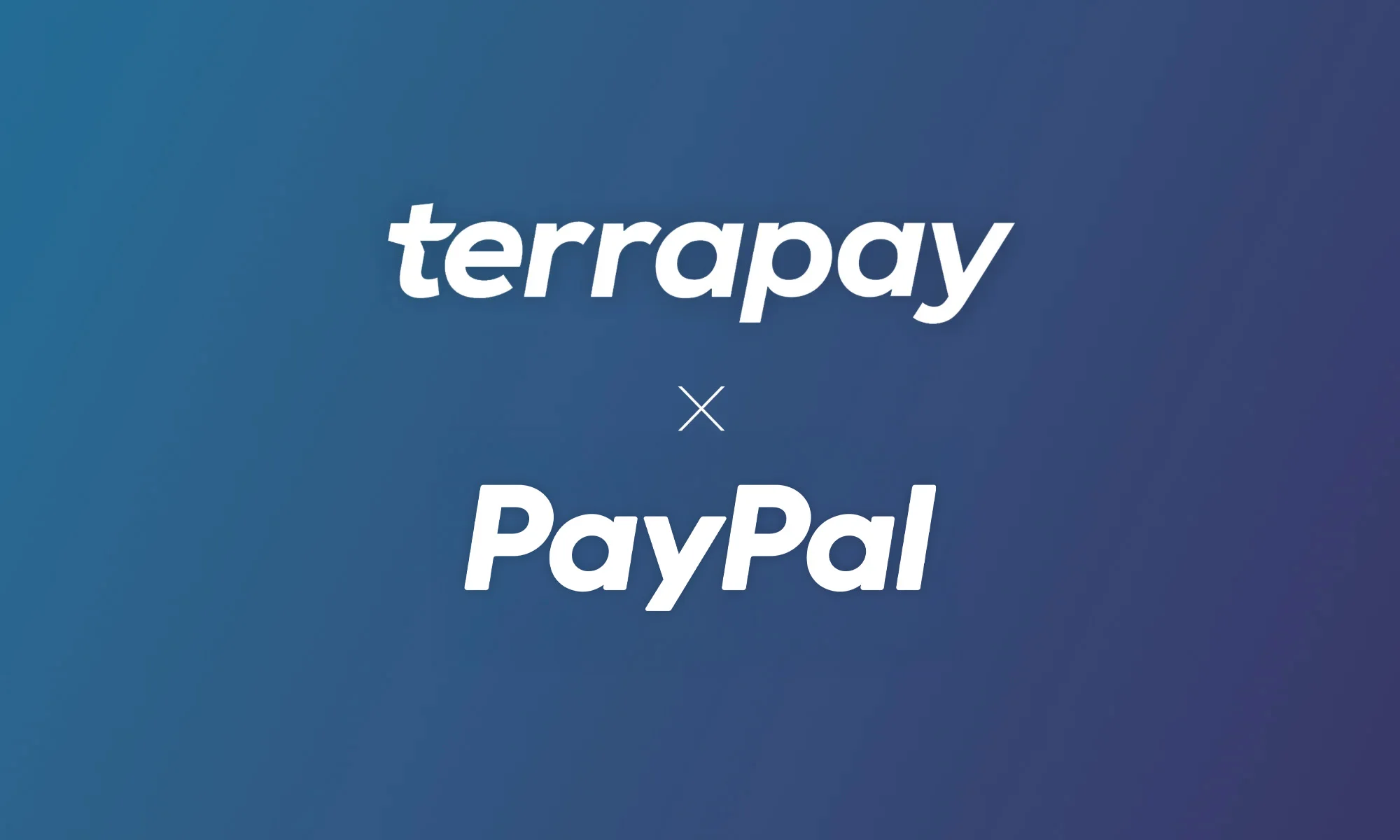
PayPal has teamed up with TerraPay to improve cross-border payments across the Middle East and Africa. The move is designed to make it easier and faster for users to send and receive money internationally, especially in regions where traditional banking infrastructure can be limited or inconsistent.
The partnership connects PayPal’s digital payments ecosystem with TerraPay’s global money transfer network. The goal is to streamline real-time transfers between banks, mobile wallets, and financial institutions, significantly improving access for millions of users looking to move money securely and efficiently.
Through the partnership, users will be able to link their PayPal accounts to local banks and mobile wallets using TerraPay’s platform. This means faster transactions and fewer barriers for individuals and businesses across the region.
“The Middle East and Africa are at the forefront of the digital transformation, yet financial barriers still limit growth for many,” said Otto Williams, Senior Vice President, Regional Head and General Manager, Middle East and Africa at PayPal. “At PayPal, we’re committed to changing that […] Together, we’re helping unlock economic opportunity and build a more connected, inclusive financial future”.
For TerraPay, the deal is a chance to scale its reach while reinforcing its mission of frictionless digital transactions.
“Our mission at TerraPay is to create a world where digital transactions are effortless, secure, and accessible to all,” said Ani Sane, Co-Founder and Chief Business Officer at TerraPay. He added that the partnership is a major milestone for enhancing financial access in the Middle East and Africa, helping businesses grow and users move funds with fewer limitations.
Also Read: A Guide To Digital Payment Methods In The Middle East
The integration also aims to support financial inclusion in a region where access to global banking tools is still uneven. With interoperability at the core, TerraPay can bridge the gap between different financial systems — whether that’s a mobile wallet or a traditional bank — making it easier to send money, pay for services, or grow a business across borders.
As the demand for cross-border payment options continues to rise, both PayPal and TerraPay are doubling down on their commitment to provide reliable, secure, and forward-looking financial tools for the region.


